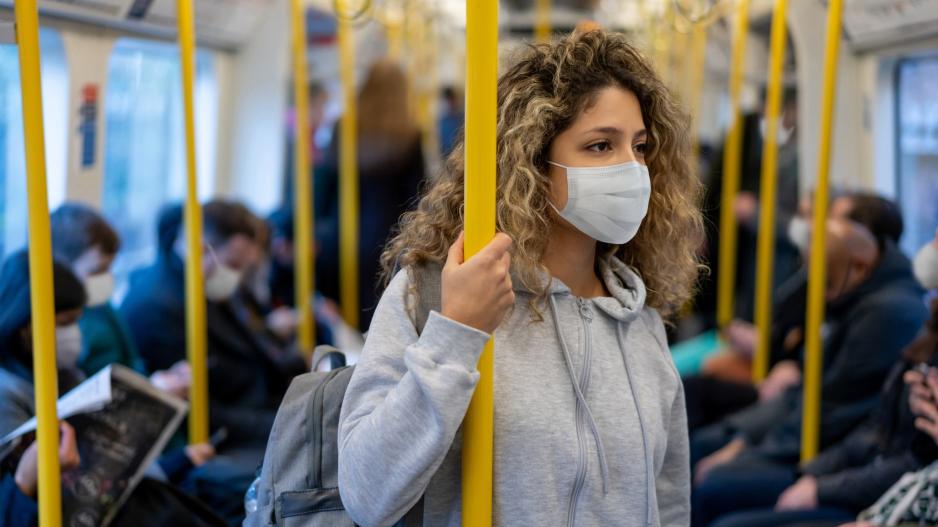RSV Cases on the Rise in Cyprus: What Is It and How to Protect Yourself
With two deaths reported so far in January, RSV is drawing increased attention from health authorities in Cyprus.
Respiratory Syncytial Virus (RSV) cases are surging in Cyprus, prompting public health concerns as 2 deaths have been reported so far this season (as of January 16). The virus, which primarily affects the respiratory system, is particularly dangerous for vulnerable groups, including infants, the elderly, and individuals with compromised immune systems.
Respiratory Syncytial Virus, commonly referred to as RSV, was first identified in 1956 and derives its name from the syncytia, or clumps of infected cells, it forms in the respiratory tract. RSV is a highly contagious virus that infects the lungs and breathing passages.
While it is a leading cause of respiratory infections in infants and young children, RSV also poses significant risks to older adults and those with underlying health conditions. Most individuals experience mild, cold-like symptoms, but in severe cases, RSV can lead to complications such as bronchiolitis and pneumonia, requiring hospitalization.
The virus spreads primarily through respiratory droplets from coughs or sneezes, as well as contact with contaminated surfaces or direct person-to-person transmission.
With two deaths reported so far in January, RSV is drawing increased attention from health authorities in Cyprus. Hospitals are observing a rise in admissions, particularly among young children and older adults, highlighting the urgent need for public awareness and preventive measures.

Here are some essential tips to help reduce the risk of contracting or spreading RSV:
1. Practice Good Hygiene
-
Wash Hands Regularly: Use soap and water for at least 20 seconds, especially after sneezing, coughing, or touching commonly used surfaces.
-
Sanitize Hands: If soap and water are unavailable, use an alcohol-based hand sanitizer.
2. Limit Exposure to Illness
-
Avoid Close Contact: Stay away from individuals showing cold-like symptoms.
-
Stay Home If Unwell: Refrain from going to work, school, or public places if you are experiencing symptoms.
3. Maintain Clean Surroundings
-
Disinfect Frequently Touched Surfaces: Regularly clean objects such as door handles, toys, and mobile devices.
-
Ventilate Rooms: Open windows to allow fresh air to circulate indoors.
4. Wear Masks in Crowded Spaces
Wearing a mask, especially in crowded or poorly ventilated settings, can help prevent the transmission of RSV and other respiratory illnesses.
5. Protect Vulnerable Individuals
-
Minimize Exposure: Limit visits to vulnerable groups, such as infants and the elderly, during outbreaks.
-
Breastfeeding for Infants: Mothers are encouraged to breastfeed as it provides essential antibodies to boost infants' immune defenses.
6. Seek Medical Guidance
While an RSV vaccine has been developed for specific populations, it is not widely available in Cyprus yet. Speak with your healthcare provider about protective measures, particularly if you or a loved one belongs to a high-risk group.
Common RSV symptoms include:
-
Runny nose
-
Coughing
-
Fever
-
Wheezing
In severe cases, RSV can cause:
-
Breathing difficulties
-
Rapid or shallow breathing
-
Dehydration (e.g., reduced urine output or lack of tears when crying)
If these symptoms are observed, particularly in infants or older adults, seek immediate medical attention.






